|
So, you’ve decided to plunge into the wonderfully chaotic world of tabletop role-playing games (RPGs) as the Game Master (or GM for short). First of all, congratulations! You’re stepping into a fun land filled with adventure, imagination, and friends (and sometimes a goblin or two). But before you roll any dice or gather your brave adventurers around the table, let’s chat about what you need to do to prep for your very first game night. Buckle up—we’re about to embark on a planner’s journey!
Understanding Your Role as a Game Master; What Does a GM Do, Anyway? If you’ve ever watched your friends play an RPG and thought, “That looks fun! I want to be in charge!” welcome to the thrilling yet slightly terrifying life of a GM. As the GM, you’ll wear many hats: you’re part storyteller, part referee, part friend, and sometimes, quite literally, part cat wrangler if you have feline friends who insist on sitting in your lap during intense scenes. Being the GM means guiding the adventure, controlling the world, introducing the quirky NPCs (a.k.a. Non-Playable Characters), and throwing challenges at your players while simultaneously trying to avoid the existential crisis caused by how many dragons you think they can take on in one session! Building Rapport with Your Players: Before your first game night, take some time to establish a friendly connection with your players. Trust me, a friendly rapport will go a long way. Create an inclusive atmosphere where everyone feels comfortable sharing ideas or suggestions. I once ran a session where I accidentally ignored a player's input on their character’s backstory. Cue major eye-rolling and existential angst! Instead, try including the player's character in an interesting way. An excited player is much more fun than a quietly disappointed one! Encouraging feedback throughout the session will also enhance the experience. Ask players about their favorite game moments after each session or during breaks. This way, you’re building a community instead of merely running a game. Selecting the Right Game; Choosing the Perfect RPG: Now comes the fun part: selecting the game! If you’re brand new to the GM life, opt for a system that’s friendly to beginners and quick to learn. Dungeons & Dragons 5th Edition is an excellent example, but there are many others like **Fiasco**, **Monster of the Week**, or even **Honey Heist** (in case you want to run a cute heist with bears). Make sure the game you choose aligns with your players' preferences and the kind of story you want to tell. Is everyone keen on fantasy, or would they prefer a game where they can get their detective hats on? Understanding what they want helps you set expectations for the game night. One-Shot vs. Campaign: What Does It Mean? Consider starting with a one-shot adventure. This is a self-contained story that you can finish in one session, making it perfect for newbies. Picture this: you're throwing a party, and you want to impress everyone without the pressure of a multi-course dinner. A one-shot is effectively that appetizer you serve that is easy, delicious, and keeps everyone craving for more (just like that mystery-solving session I once did where everyone played characters unknowingly tied to a secret society). Preparing the Adventure; Outlining Your Story: Next up: the adventure itself. It helps to have key plot points mapped out. Think of your outline as a treasure map leading to fun—maybe a few detours along the way will surprise you, but having major plot points ready to share is essential. Set the scene where players will embark on their journey. Is it a dark, gloomy cave? A bustling city marketplace? A flaming volcano? Whatever it is, give life to the setting with rich descriptions, setting up vivid imagery that makes players feel they’re truly stepping into your world. Developing Engaging Encounters: Now, let’s make sure the players encounter some memorable moments. Design NPCs with colorful personalities and quirky backgrounds. People love to interact with unique characters! For instance, I once created an overly enthusiastic physicist NPC who believed a dragon had stolen their notes on gravitational theory. The juxtaposition of a scientific mind in an elven world made for hilarious conversations! Ensure your encounters span exciting combats, mysterious puzzles, or tense negotiations. Engaging encounters encourage players to think creatively and foster deep connections within the story. Remember, every encounter should serve the story, whether it's providing critical plot information or a much-needed comic relief. Gathering and Organizing Resources; Required Materials: Every great adventurer must gear up before battle, and your GM toolkit should be no different. Gather essential materials like: - Rulebooks: You don’t need to memorize everything, but having them on hand is essential. - Character Sheets: Make sure players have the right sheets to fill in their characters. Digital sheet options are great, too! - Dice: Lots and lots of dice! Make sure you have a healthy variety of polyhedral dice for everyone to roll for their actions. - Maps and Miniatures: If you’re doing a tactical straight-up combat encounter, consider some visual aids! They can really bring the scene to life. Using Online Tools: For virtual sessions or ease of organization, online tools like Roll20 or Foundry VTT can be lifesavers. These platforms allow you to map out encounters, roll dice, and provide a visual experience that can cut down on prep and focus on fun! Personally, I used Roll20 for a campaign during the pandemic and quickly fell in love. It helped me stay connected with my friends while running the game I had always intended to run in-person. Setting Up the Game Environment; Choosing the Right Space: Now that you've got the game prepared, let’s talk about where you’ll host. A comfortable environment is crucial. Whether it’s your cozy living room or a dedicated gaming space at the local game store, make sure everyone can relax and focus on the gameplay without distractions. Crafting the Ambiance: Set the mood with lighting, music, and decor. I recall one particularly memorable session where we used candlelight along with atmospheric music from our favorite fantasy films. It turned what could have been a simple session into a magical experience that drew everyone deeper into the adventure. Remember that a well-set atmosphere can really elevate the gaming experience! Communicating with Your Players;Choosing the Right Space: Establish clear expectations with your players before game night. Do you expect them to know the rules? (As an aside: Spoiler alert! They probably won’t!) Discuss house rules, character guidelines, and any behind-the-scenes lore that might help shape their characters. During my first GMing experience, I didn’t set clear expectations, and when my players showed up thinking they could use homebrew spells I’d toyed with, we had a rather confusing first encounter. Setting boundaries ahead of time could have saved us a lot of bewildered faces! Player Preferences: Talk to your players about their interests, play styles, and what they hope to gain from the session. This will help you tailor the experience to keep them engaged and excited! Open communication before the game fosters trust and collaboration from the get-go. Managing Anticipation and Nerves; Coping Strategies for First-Time Nerves: Nervous before your first game? Don’t worry; even the best GMs feel those pre-game jitters! Here are a few tips to help you settle those nerves: - **Practice Makes Perfect:** Run a mini-session with a friend or solo. (Yes, you can practice in front of a mirror; it’s weirdly helpful!) - **Focus on the Fun:** Remember, no one is out to critique your storytelling abilities. Everyone is there to have a blast! - **Embrace the Unexpected:** It’s totally okay to fumble a line or drop a stat. Just roll with it! Setting Realistic Expectations: You’re probably not going to win an Oscar for your first game. Set realistic expectations for yourself! Mistakes will happen—like that one time I mixed up the town names so badly that one of my players ended up fighting a potato cult instead of bandits—but you’ll learn to adapt on the fly. Timing Your First Game Night; Planning the Session Length: Before the big night, decide how long you want the session to be. Typically, a session can range from three to six hours, but be flexible; sometimes, the adventure pulls you in, and the players want to keep going! Also, prepare to incorporate breaks; munching on snacks and taking water breaks helps refresh focus and energy. Personally, snack breaks saved several of my sessions from devolving into hungry chaos. Ensuring Preparedness: Make sure everyone knows when and where to show up and how to prepare. Meetings can often start with half the players missing! Send out reminders beforehand—everyone appreciates a friendly nudge. Final Checklist Before Your First Session; The Pre-Session Checklist: With your game night fast approaching, here’s a quick checklist to help you keep everything organized: 1. **Adventure Materials:** Ensure you have your notes, maps, and NPC details handy. 2. **Character Sheets:** Check that players have filled in their characters correctly. 3. **Ambiance Needs:** Prepare anything needed for lighting, music, or snacks. 4. **Gather Players:** Confirm all players are coming and remind them of the schedule. Last-Minute Preparations: Take a few moments before your players arrive to mentally go over the storyline, gather your thoughts, and set the tone. Try to stay calm, breathe deeply, and have fun visualizing the adventure ahead! With your preparations completed and your excitement building, it’s time for you to step into the incredible world of being a Game Master! Every session will teach you something new, and each player interaction presents the potential for new unforgettable stories. Being a GM is about collaboration, creativity, and joy. So go ahead and embrace your adventure, even if goblins try to derail it! Remember, the most important rule is to have fun. Now return to your trusty players and enjoy your epic journey! Have any pre-game night tips or stories to share? We’d love to hear how your first game night went in the comments below! Happy gaming!
0 Comments
So, you want to be a Game Master (or GM, for short)? Congratulations! You’re about to step into a world filled with creativity, camaraderie, and unexpected twists that will keep you and your friends talking for years to come. But before you dive headfirst into crafting epic tales of heroism, adventure, and questionable life choices (have you ever *really* thought about how many goblins you could slay in one encounter?), let’s chat about some rather shocking truths that come with the title of Game Master. Don’t worry; I’ll share some personal anecdotes along the way to keep things relatable!
What It Means to Be a Game Master; The Role of a Game Master: First things first: **what the heck is a Game Master?** A GM is the storyteller, referee, and sometimes, the emotionally compromised parent of your beloved (aka doomed) characters! They set the stage, introduce non-playable characters (NPCs), and throw together plots that will thrill (or terrify) their players. As a GM, you’ll need to balance several hats: the planner, the improviser, the rule enforcer, and, dare I say, the emotional support animal for your players. Remember last time your party was about to face that ancient dragon, and someone bolted with a "NOPE!"? Yeah, you’ll be handling all that, too. Why People Become Game Masters: When I first began my GM journey, I thought it was going to be all about gliding through epic storytelling like a literary bard. Instead, I discovered a giant heap of responsibility mixed with the thrill of world building. Spoiler alert: it’s way more fun than it sounds! And let’s face it, the biggest reason people want to GM is because they want *control*—the kind of control that comes from being able to shape how the story unfolds, who lives, who dies, and what legendarily ridiculous shenanigans ensue. The Preparation Process; Planning Ahead: Unless you want to enter a game more unprepared than a cat at a dog show, some planning is essential! Picture it like prepping for a big dinner party. You wouldn’t just toss a bunch of veggies on the table of a nice restaurant and call it a meal, would you? That’s what going into a session without planning feels like! **Crafting an Outline:** Start with a general outline of your adventure. Try to focus on the main story arcs, possible hooks to engage players, and key NPCs. If you can create a few interesting plot twists along the way, you’ll be golden. When I first started GMing, I discovered the hard way that my “plot outline” was more like a dot-to-dot sketch. Picture this: my players wound up in the goblin tavern’s kitchen instead of a grand banquet hall. I had to improvise a goblin pancake-flipping contest, which, honestly, turned out to be one of the best sessions I've hosted. Resource Gathering: Ready to dive into the world of resources? Each game system has its own rulebooks, adventure modules, and online communities chock-full of tips! **Pro Tip:** Leverage resources like D&D Beyond, Roll20, or even local game stores that often host GM workshops. These hubs may not only prepare you for gameplay but also give you the hilarious, weird, and sometimes profoundly insightful advice you didn’t know you needed! The Emotional Challenges of Game Mastery; Dealing with Pressure and Expectations: Let’s get real for a moment. As a GM, there’s often a mountain of pressure placed upon your shoulders. Think of yourself as the ringleader at an absurd circus—with acrobats (players) swinging from flying trapezes (quests), clowns (NPCs), and occasionally, an elephant (well, maybe not literally, but you get the idea). Players arrive with high hopes. What happens if your story flops? What if they don’t laugh at your jokes? What if the characters party like it’s 1999 and then can't figure out which way is up when they encounter a riddle-loving sphinx? Your internal dialogue could quickly shift from “I got this!” to “Please, sweet merciful gods of RPGs, don’t let my players hate me!” Emotional Investment: You’ll also soon find out that you become emotionally attached—not just to your players but also to their characters. When that paladin gets swallowed whole by a gelatinous cube, part of you dies inside. In my early GM days, I created a lovable rogue named “Skippy.” He was funny, clever, and a hit with my gaming group. But when a particularly terrible dungeon crawl took him by surprise, I had to be the one to deliver the bad news. “Skippy is lost forever in the dungeon!” Cue the collective gasps and my utter mortification. Every time I felt the urge to bring him back, my players reminded me they were the *heroes*, not the *saviors*. Crafting an Engaging Story; Building Compelling Narratives: It’s time to establish a compelling story that keeps players engaged. Think to yourself: **what’s the hook?** Here’s where the fun starts! Are they saving a kingdom from impending doom? Or are they merely out to impress the local baker by stealing the king’s prized muffin recipe? Your players might find humor in the every-day quests just as much as epic treasure hunts! Improvise and Adapt: Being flexible as a GM can open doors to wild and wonderful unforeseen paths in your narrative. Sometimes, players take your carefully constructed story arcs and huck them out the window like a confused bard (who thought they were meant to perform Shakespeare instead of slinging swords). Roll with the punches! One time, during a heated negotiation scene where they had to persuade an NPC, a player spontaneously broke out into song—yes, *really* broke into song! Instead of trying to steer heavily back to grit and grounded storytelling, I embraced the bizarre atmosphere, added ridiculous plot twists, and the rest, as they say, is history! Communication and Collaboration; Setting Clear Expectations: Getting everyone on the same page before sessions is important. Promoting an open dialogue will help players feel connected and invested. Let them know how the game will flow, what their character’s role is, and how you expect to tackle rules. Encouraging Player Participation: Invite players into the narrative-building process. Their characters can provide vital insights and flavor to the story. Need a villain with more depth? Ask players to participate in brainstorming! It’s super effective, and you get the added bonus of building a collaborative story. Once, I had my players each come up with a backstory that wove into the main arc. This made every character feel relevant (and, let’s face it, way cooler). Not only did we enhance our storytelling, but it also created immediate investment in the outcome of the narrative. Facing the Unexpected; Managing On-the-Spot Moments: Ah, yes: improvisation! Embrace it—it is the lifeblood of a GM. Players often veer from the path you’ve laid out, sometimes dramatically. It could be chaotic, but think of it as an opportunity for creativity. Recognizing Opportunities in Chaos: When a player decides to superglue their rogues' derrière to the tavern bar in an attempt to “blend in” rather than act discreetly, it opens an exciting avenue to surprise encounters and bizarre antics. How will the bartender respond? What other patrons will do? This unpredictable path might lead to an unprecedented scenario of hilarity! The Community Aspect of Being a GM; Building Connections: You’re not in this alone! Seek out fellow GMs at your local game shops, conventions, or online communities. The sharing of experiences and advice makes the journey all the more fun. Besides, you'll meet new friends over a collective love for rolling dice! Engaging with Online Communities: Platforms like Reddit and Discord have thriving gaming communities. Share your experiences, seek advice, or even encourage players to share their epic tales. You might just discover the next big idea for your campaign! The Rewards of Being a Game Master; Connecting and Creating Joy: The most precious reward of being a GM is the ability to create unforgettable memories with your friends. The laughter at every critical failure, the cheers when the boss monster falls, and the shared emotions that emerging stories foster—all invaluable. Personal Growth: As a GM, you’ll grow into a better storyteller, leader, and mediator. You’ll develop essential skills applicable beyond the table, like conflict resolution, public speaking, and being adaptable—skills you might not have expected to hone while rolling dice. In my case, some of my most meaningful friendships blossomed around the table, rooted in shared imagination and heartfelt stories. It’s incredible what an hour of play can spark in relationships! Preparing for Your First Session; Essential Tips for the First-Time GM: If you’re ready to don the GM hat, start with these simple steps: 1. **Choose a Simple Adventure:** Go for a one-shot adventure to get your feet wet before diving into a long-term campaign. 2. **Set Clear Boundaries:** Make sure players know how to communicate preferences and expectations. 3. **Take Notes:** Trust me on this one—keeping track of player decisions and bewildering choices will serve you well down the line. Confidence-Building Techniques: Before you start, practice your storytelling skills. Narrate the introduction to your adventure in front of a mirror if you need to! Or even better, gather some friends just for practice! Remember, we all start somewhere, and sometimes, you’ll surprise yourself with how delightful your adventures can be. There you have it; the shocking truths about being a Game Master that could very well make you rethink your choices (or inspire you to dive headfirst and embrace chaos!). It's a journey filled with emotional highs and lows, laughter and surprises, and the bond that strengthens friendships. So equip yourself for the epic quest ahead, mix in creativity, view challenges as opportunities, and prepare for some truly unforgettable gaming sessions. As you embark on this new role, embrace the adventure that awaits you, and always remember: the journey is just as rewarding as the story you tell. Got your own tales, secrets, or struggles from your time as a GM? Share them! The community thrives on the insights and experiences of its members. Happy gaming, heroes! |
Archives
December 2024
Categories |
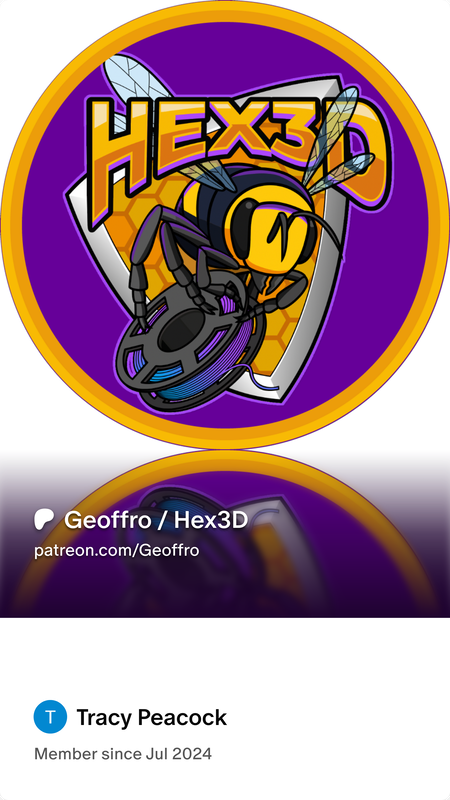

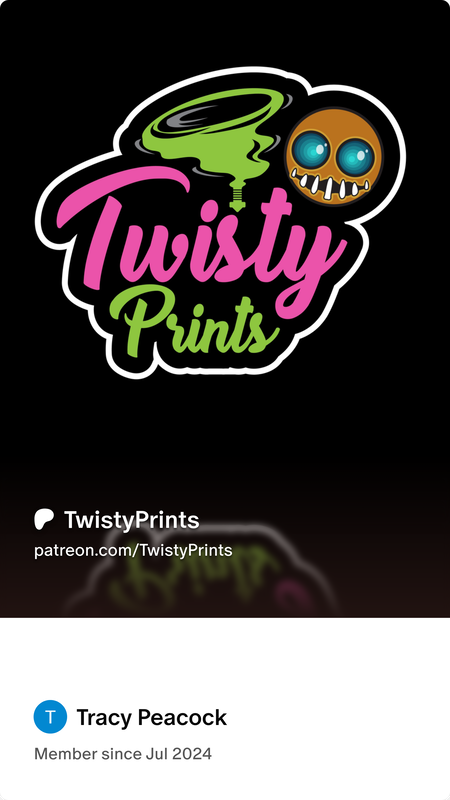
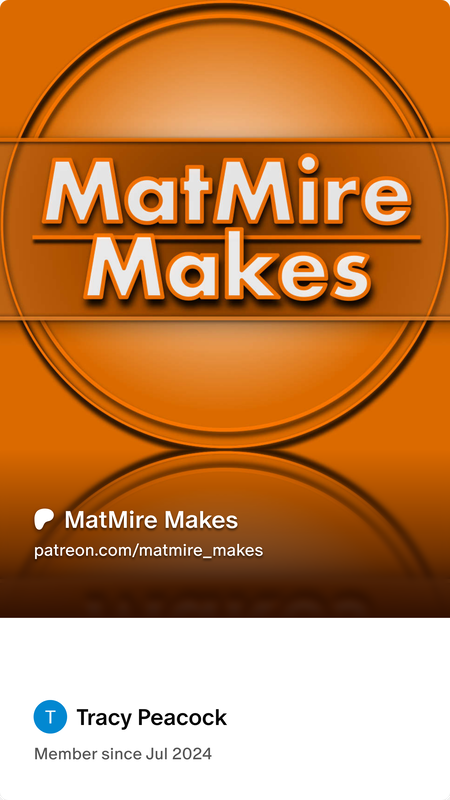

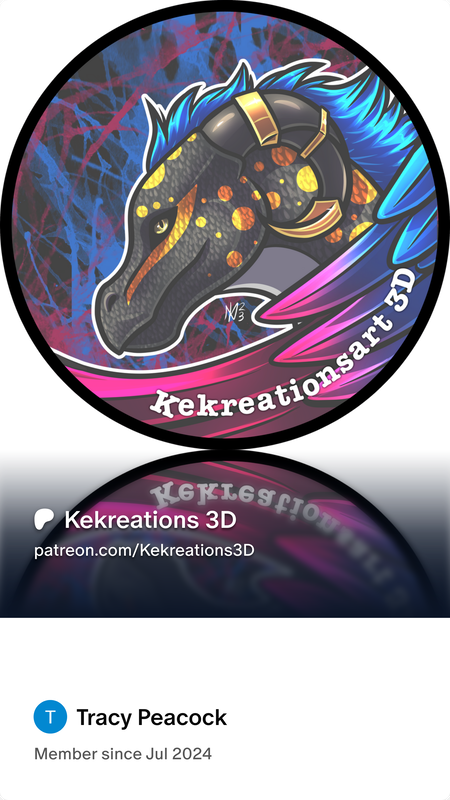
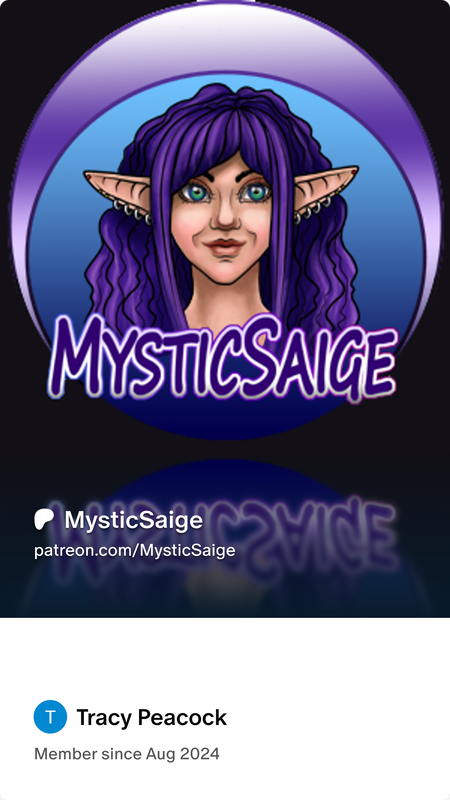
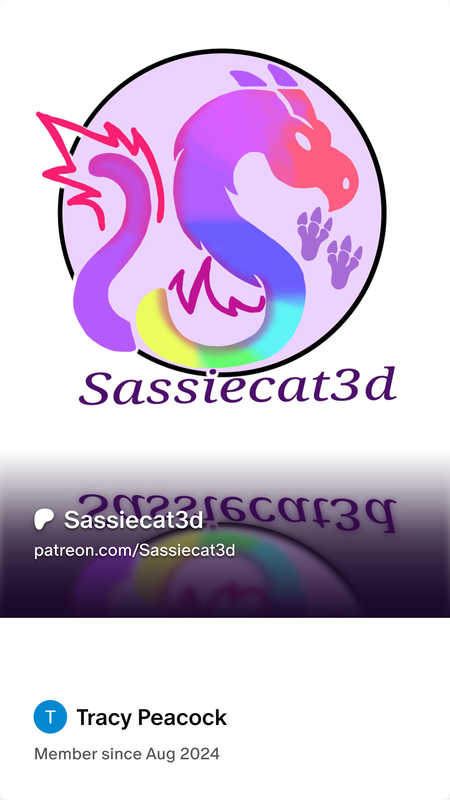
 RSS Feed
RSS Feed